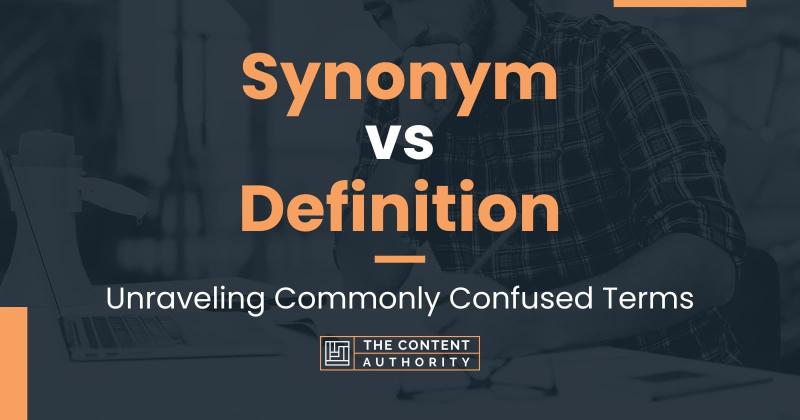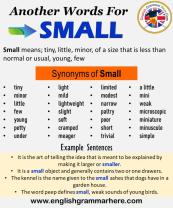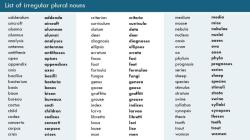What is the difference between synonym and thesaurus?
A "synonym" and a "thesaurus" are related concepts in the field of language, but they refer to different things:
Synonym:
- A synonym is a word or phrase that has a similar or identical meaning to another word in the same language. Synonyms are used to express the same or nearly the same idea, concept, or emotion. For example, "happy" and "joyful" are synonyms because they convey a similar meaning.
Thesaurus:
- A thesaurus is a reference book or tool that lists words and provides synonyms and sometimes antonyms for each entry. It is a resource used to find alternative words with similar meanings or to expand one's vocabulary. Thesauri (plural of thesaurus) are often organized alphabetically or categorically, making it easy for users to locate words and their synonyms.
In summary, a synonym is a word with a similar meaning to another word, while a thesaurus is a tool or reference book that lists synonyms (and sometimes antonyms) to help users find alternative words for expression or writing. The thesaurus serves as a linguistic aid, providing a broader range of words to choose from when looking for variety in language use.
Can you explain the difference between a synonym and a thesaurus?
While both synonyms and thesauri deal with words and their meanings, they are actually quite different things:
Synonyms:
- Individual words: Synonyms are individual words that have the same or similar meanings. For example, the words "happy" and "joyful" are synonyms.
- Specific meaning: Each synonym has its own specific nuances and connotations, so they might not be truly interchangeable in all contexts. For example, while both "happy" and "joyful" describe positive emotions, "joyful" suggests a more intense and exuberant feeling.
- Limited scope: You find synonyms typically within a single sentence or paragraph, where you're looking for alternative ways to express the same idea.
Thesaurus:
- Reference tool: A thesaurus is a reference tool that lists synonyms (and sometimes antonyms) for a particular word.
- Broader scope: It provides a wider range of words with similar meanings, often categorized by topic or type of word. For example, a thesaurus entry for "happy" might list synonyms like "joyful," "elated," "contented," "satisfied," and more.
- Exploration and discovery: You tend to use a thesaurus when you're exploring different options for expressing yourself, discovering new words, or finding the perfect word for a specific context.
In essence, synonyms are the building blocks, individual words you can swap out, while a thesaurus is the toolbox, holding various options to choose from.
Here's an analogy:
- Think of synonyms as different colors on a painter's palette. Each color has its own unique shade, even if they're all within the same range (e.g., blues).
- A thesaurus is like a color chart, showing you all the different shades and variations of that color family, along with helpful names and descriptions.
I hope this clears up the distinction between synonyms and thesauruses!











